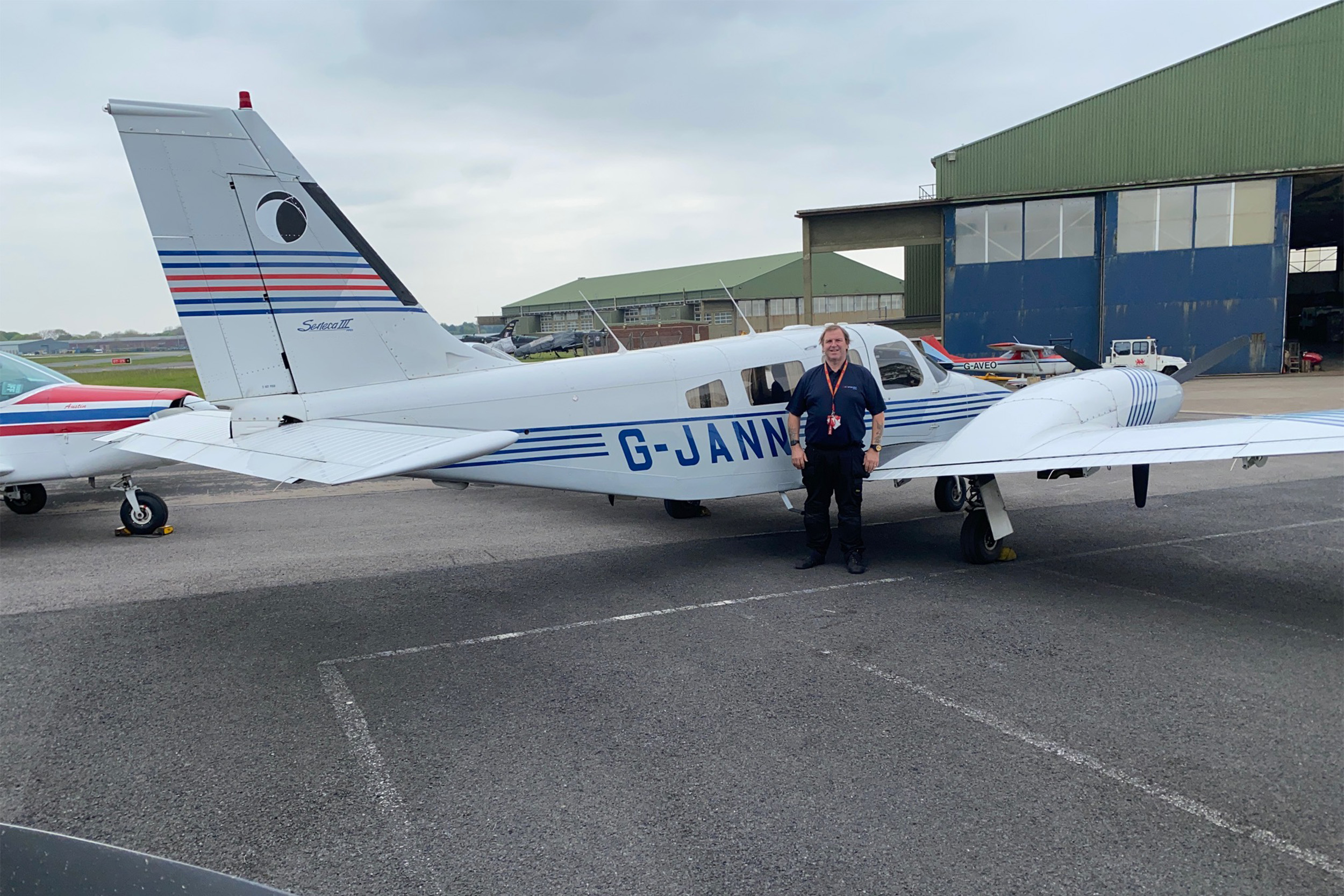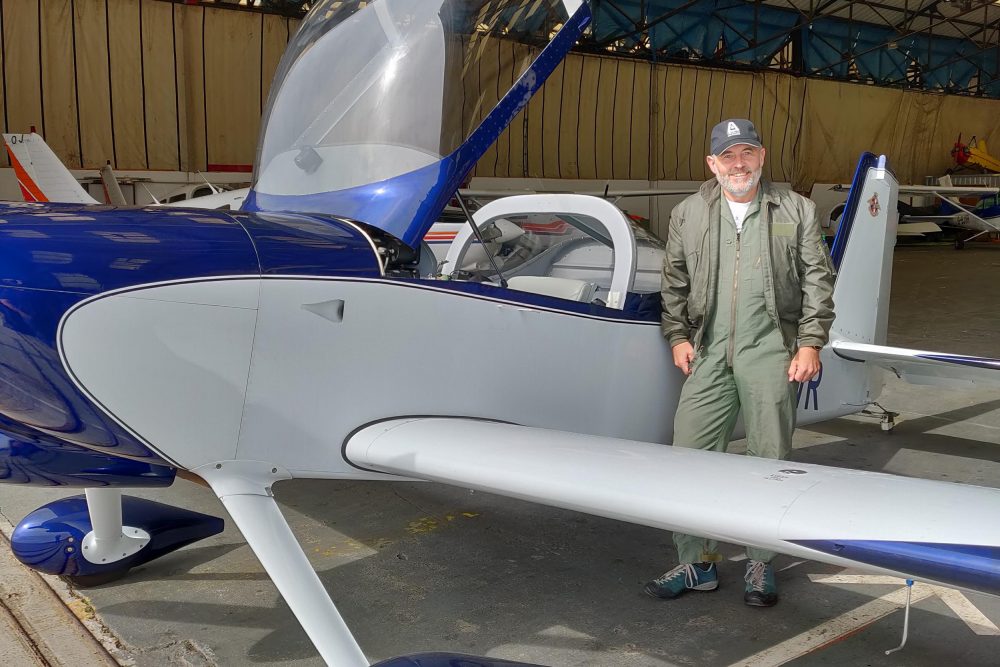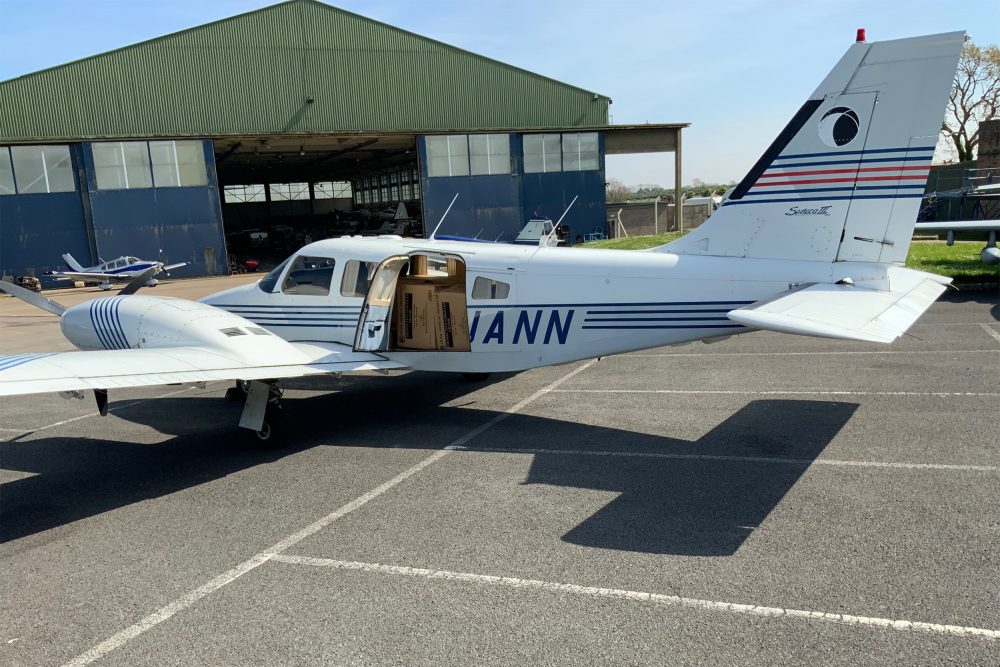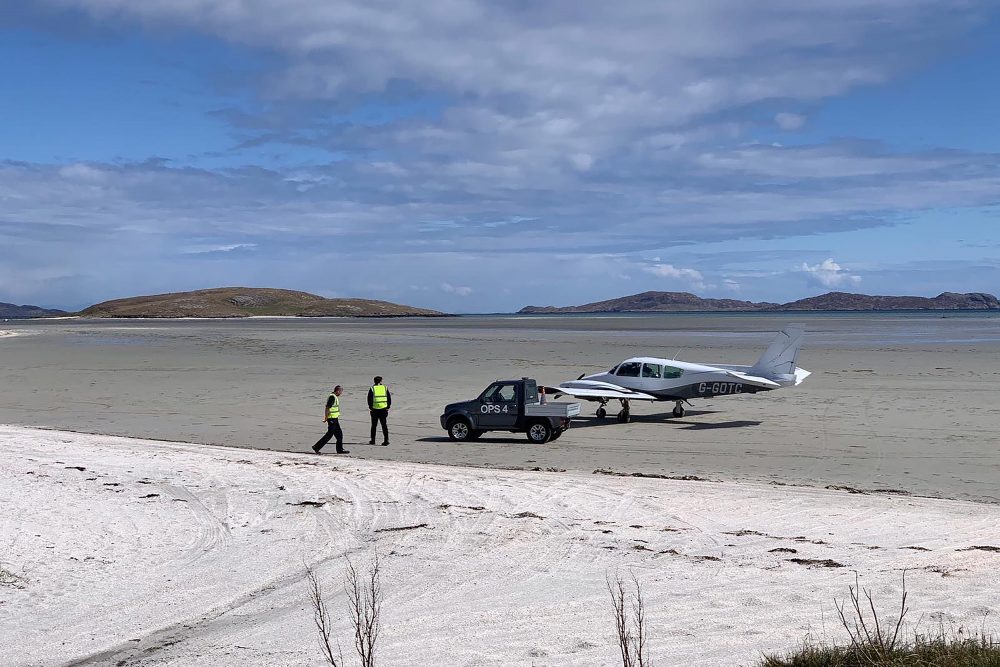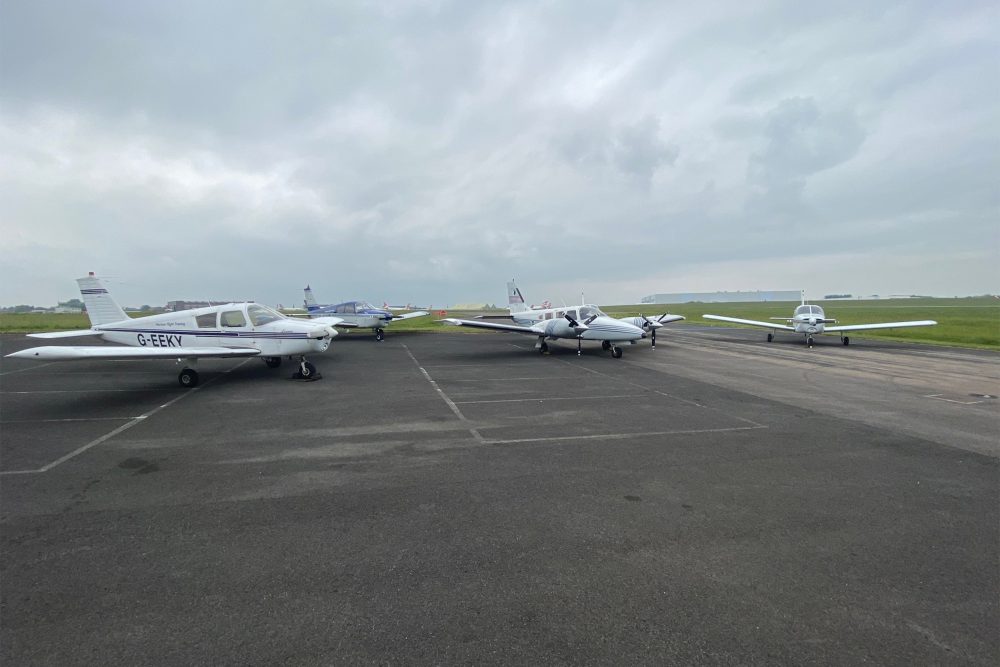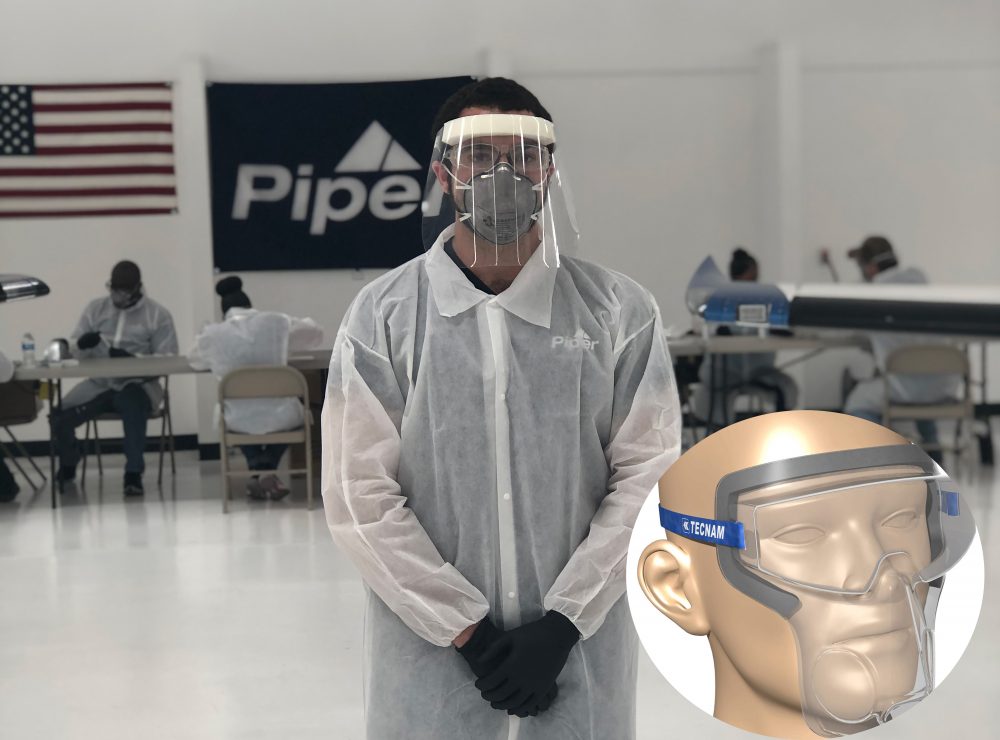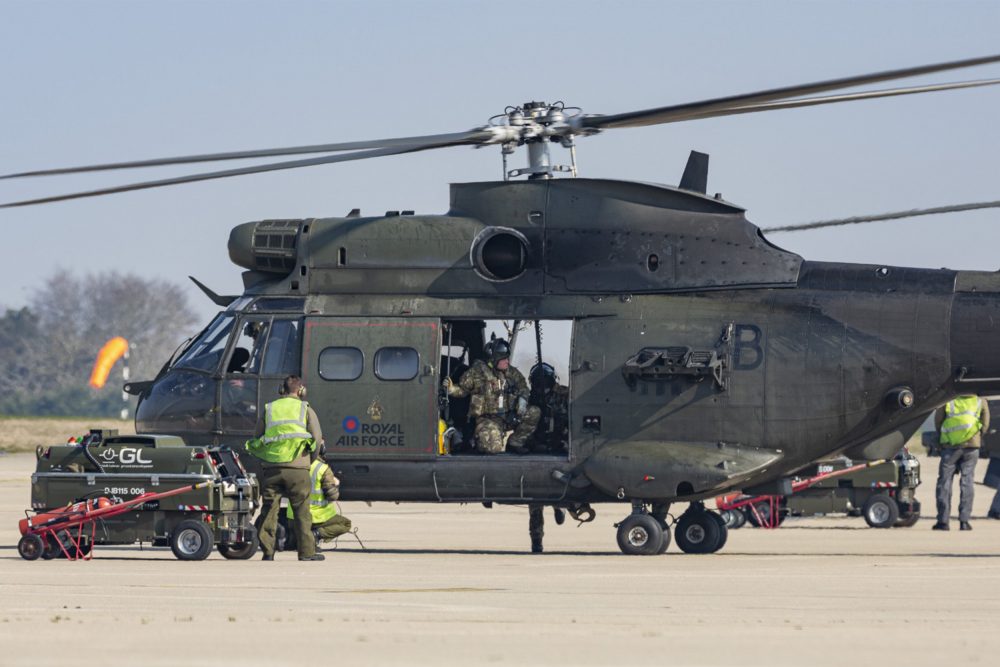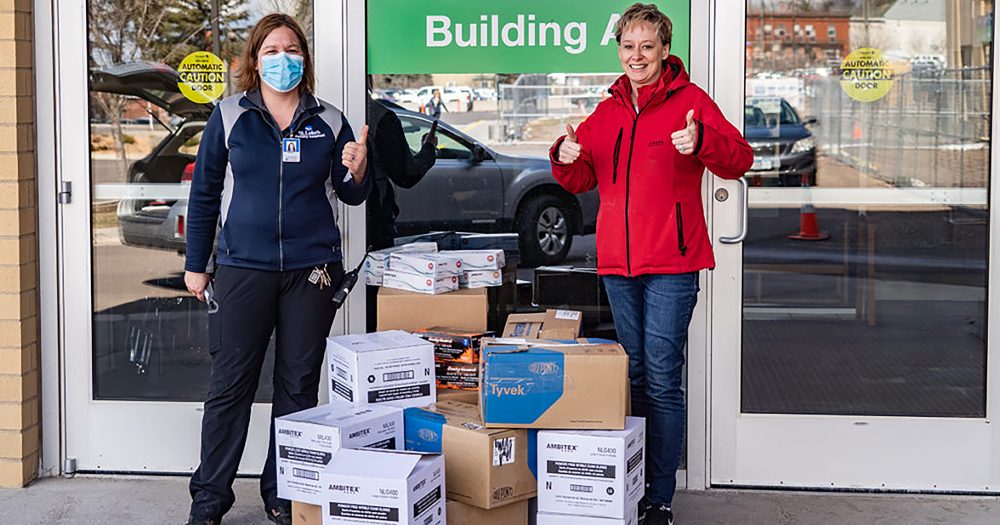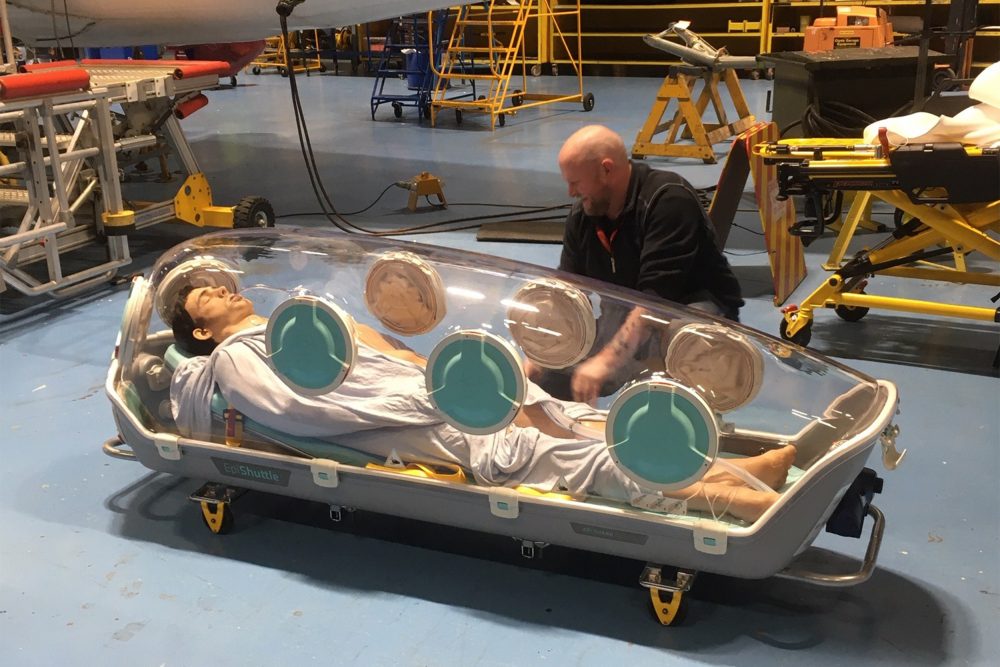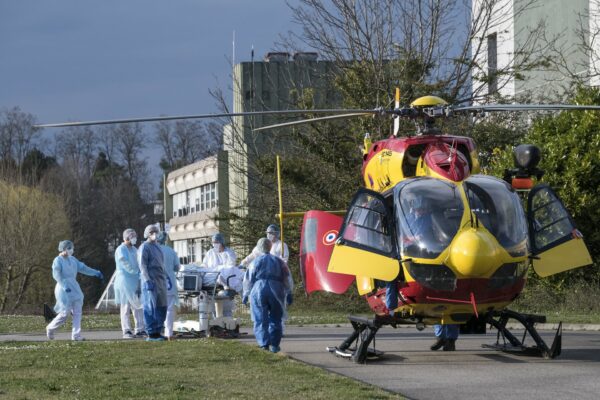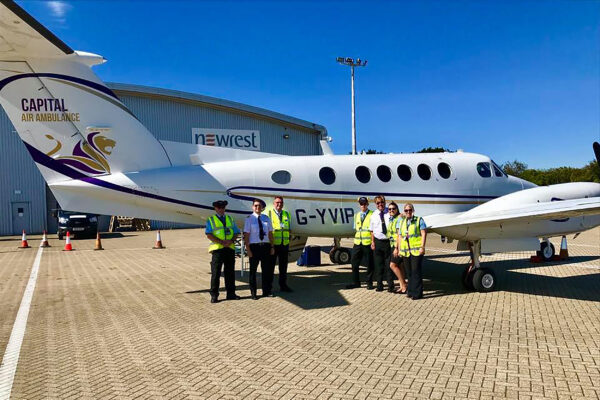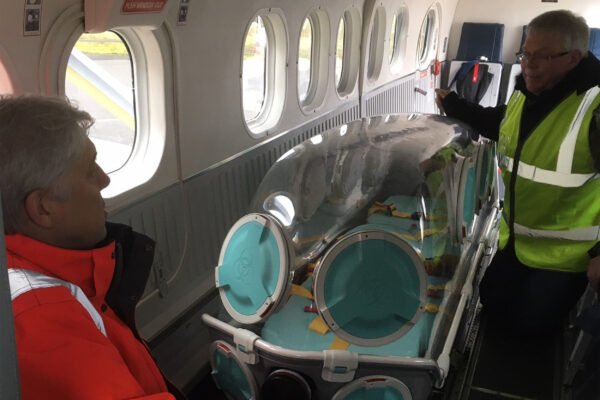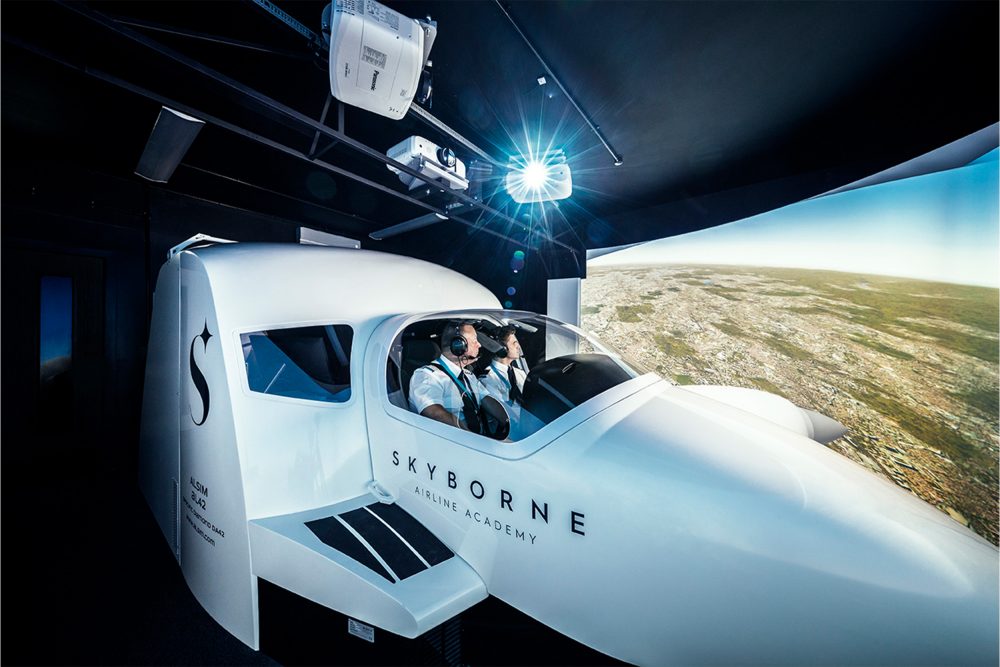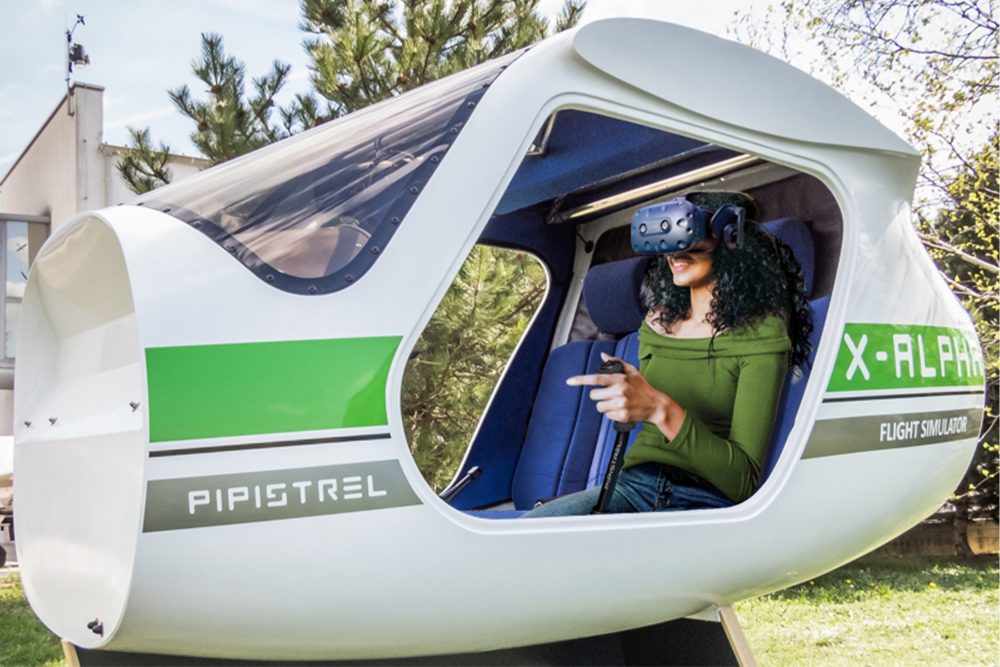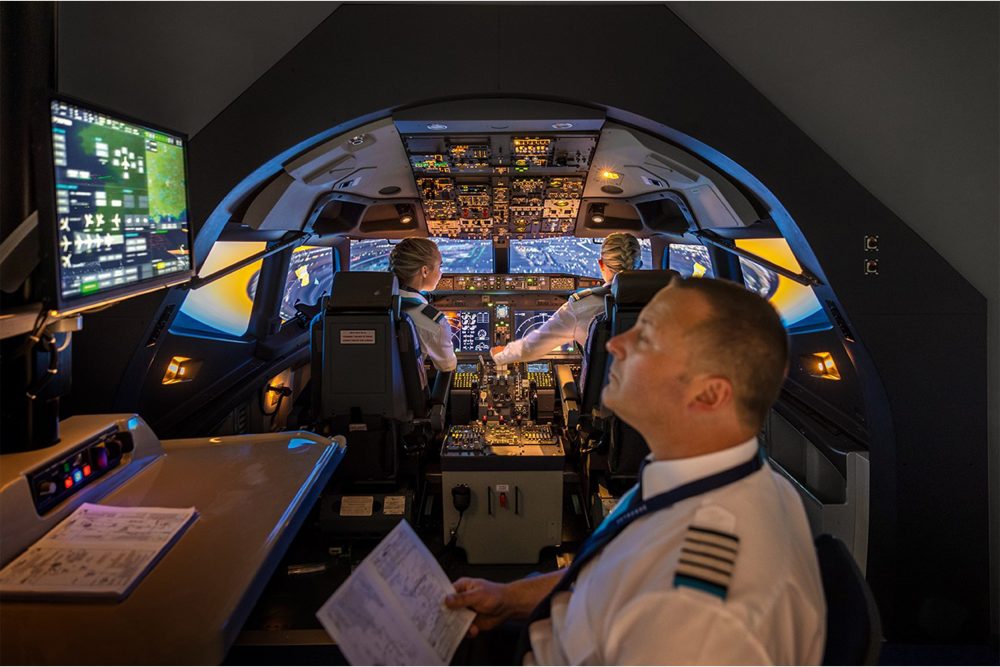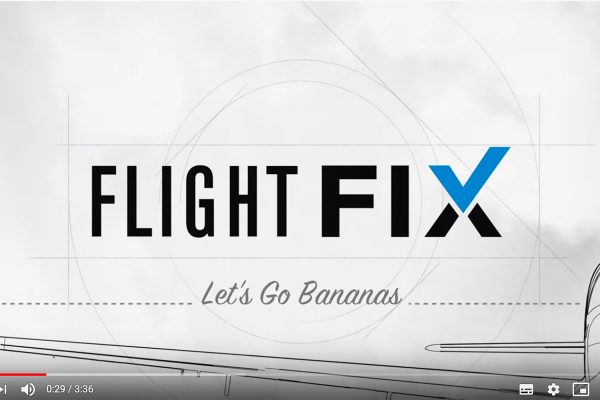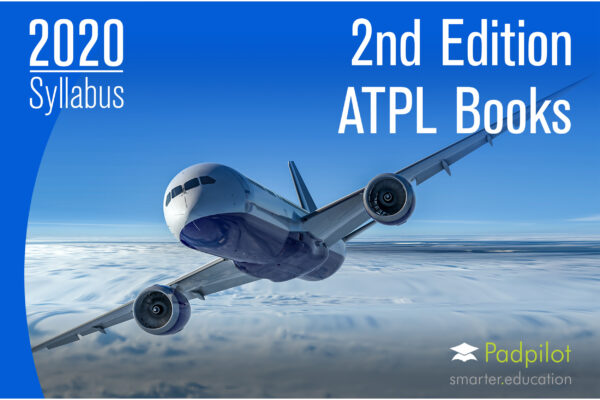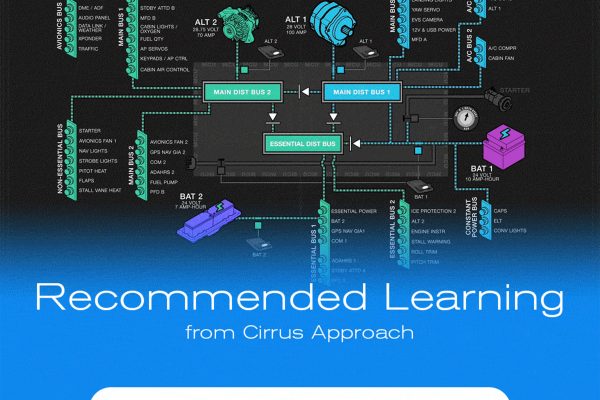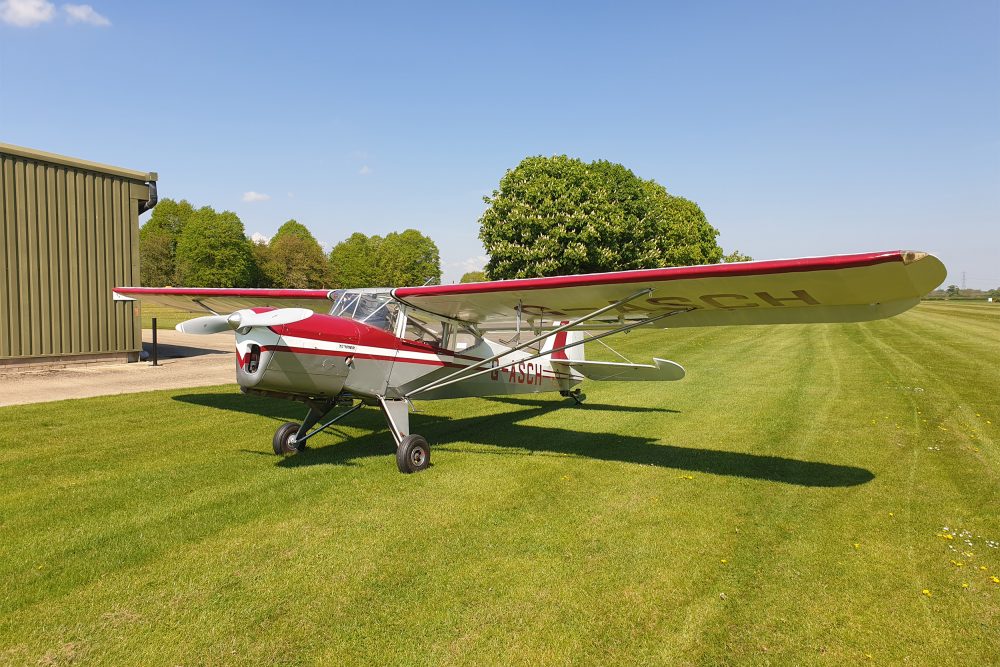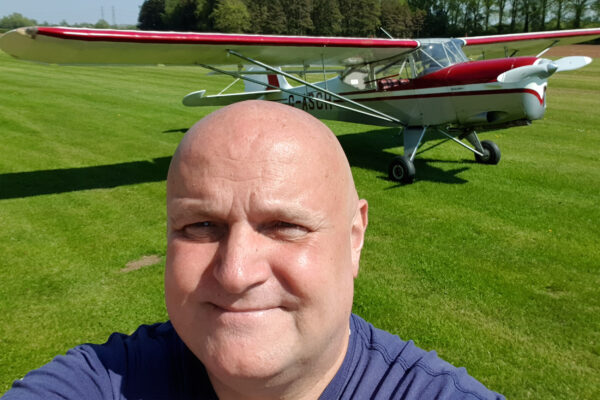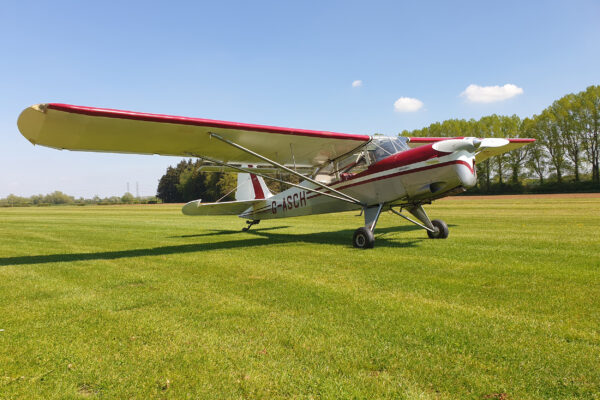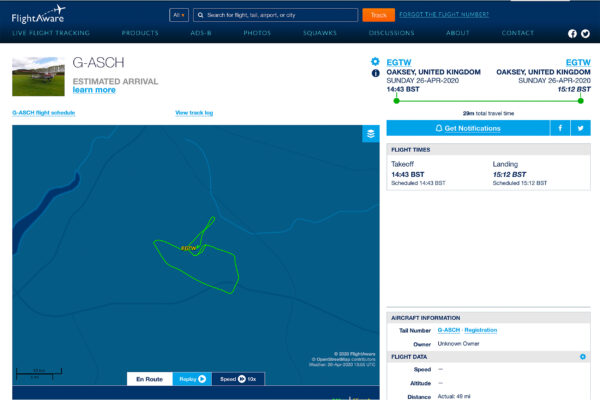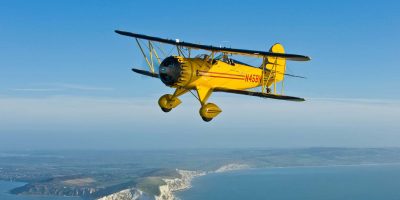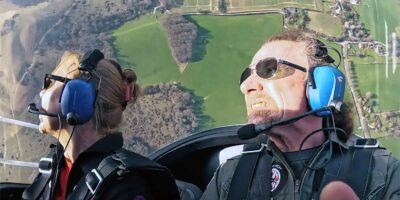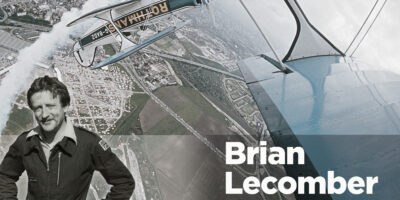Sky Watch to the rescue
A former Royal Navy Fleet Air Arm pilot flew an urgent mission in his Van’s RV-7 aircraft in April to support the national battle against coronavirus.
Paul Stone, 53, and now a civilian pilot, recently joined the Sky Watch Civil Air Patrol, a national charity that comprises pilots, observers and supporters who provide air support to UK agencies.
Responding to a short notice request, Paul flew his RV-7 from Blackpool Airport, close to his home in Lytham, to Oxford Airport and then on to Beverley Airfield, near Hull. The flight was to provide urgently needed parts to a ventilator manufacturer.
From phone call to delivery completion, the task was completed in 3 hours 30 minutes.
“It was an incredible piece of teamwork,” said Paul, a test pilot and former Director of Flight Operations at BAE Systems.
“Today would not have been possible without the exceptional support from Eddie Clare at High-G, Blackpool, Manchester, Birmingham and Doncaster Air Traffic Services, Oxford Airport and Colin Hazel who opened his grass runway at Beverley Airfield at short notice,” he added.


